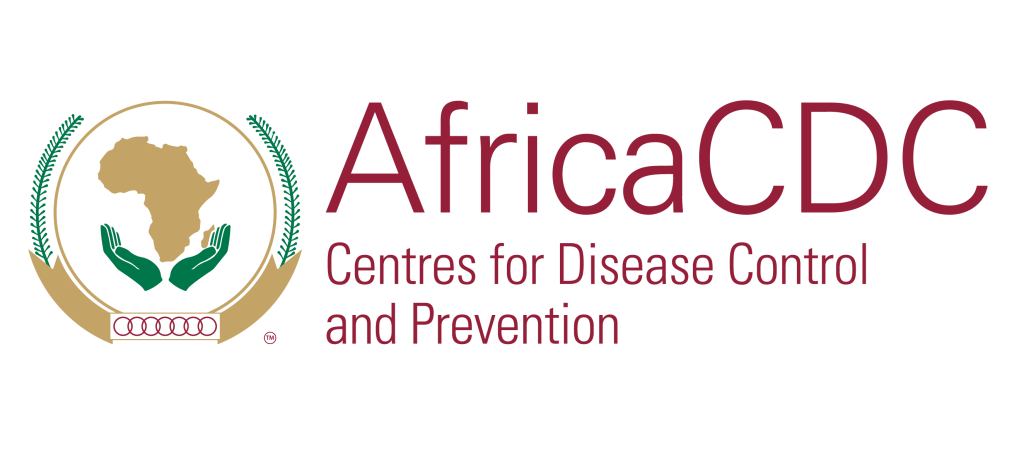Africa CDC reports sharp drop in mpox cases, warns of cholera spread

One year after the World Health Organisation (WHO) declared mpox a Public Health Emergency of International Concern, Africa has made significant progress in controlling the disease.
The Africa Centres for Disease Control and Prevention (Africa CDC), which also declared a continental emergency, credits coordinated efforts across the continent for the improvement.
However, the Africa CDC warns that this progress comes as cholera spreads rapidly across 23 African Union (AU) member states, driven by humanitarian crises, flooding, poor sanitation, and cross-border transmission, threatening hard-won public health gains.
Dr Jean Kaseya, Director-General of the Africa CDC, stated this during the agency’s bi-weekly media briefing on Friday.
He said coordinated action between governments, WHO, Africa CDC, communities, and partners had strengthened disease surveillance, expanded laboratory testing, rolled out vaccination, and improved treatment and care for mpox patients.
“From Jan. 1 to Aug. 13, 2025, the continent recorded 97,144 suspected mpox cases, 29,849 confirmed cases, and 593 deaths across 24 AU member states.
“Over the past year, 28 African countries have been affected, with more than 174,000 suspected cases, nearly 50,000 confirmed cases, and about 240 deaths.
Kaseya credited the progress to expanded community-based surveillance, increased testing capacity, targeted vaccination, and stronger inter-country collaboration.
“We have seen a clear downward trend in mpox cases across the most affected countries.
“In the past six weeks, confirmed mpox cases have dropped by 34.5 per cent compared to the previous six weeks.
“The Democratic Republic of Congo (DRC), Sierra Leone, Uganda, and Burundi account for over 80 per cent of 2025’s cases but have seen significant declines.
“Nine other countries, including Nigeria, Tanzania, and Ghana, reported smaller outbreaks.
“Key milestones include the mobilisation of more than 6 million vaccine doses, with 951,000 administered and nearly 900,000 people receiving at least one dose.
“Thirteen of the 22 countries with active transmission now have vaccine deployment plans; eight are vaccinating high-risk groups and contacts,” he said.
He said diagnostic capacity had also expanded significantly, rising from two laboratories in DRC in Jan. 2024 to 69 by Aug. 2025, and from one to 56 in Burundi.
“More than 4,000 mpox genomic sequences have been generated from 21 countries.
“More than 1,000 community health workers have been deployed and 10,000 trained.
“Some countries, like Côte d’Ivoire, have brought outbreaks under control, recording 42 consecutive days without new cases.
“Angola, Gabon, Mauritius, and Zimbabwe have gone over 90 days without a confirmed case.”
In spite of this, Kaseya cautioned that cholera was now spreading quickly.
According to him, between Jan. and Aug. 2025, Africa recorded 220,242 cholera cases and 4,620 deaths, a 2.1 per cent case fatality rate.
He said DRC had reported 44,173 cases and 1,277 deaths, with Goma’s failing water system affecting 70 per cent of its health zones.
Kaseya said Angola reported 27,728 cases and 776 deaths, with more than 1.2 million oral cholera vaccine doses deployed.
He said Congo had reported 446 cases and 35 deaths, primarily in Brazzaville districts, while Chad had reported 200 cases and 10 deaths, centred in refugee camps housing nearly 94,000 Sudanese arrivals since April.
He said to respond, the Africa CDC would soon inaugurate a Continental Cholera Preparedness and Response Plan to coordinate cross-border interventions and mobilise resources.
Kaseya said the first continental mpox plan raised 1.1 billion dollars, of which 977 million dollars had been tracked.
“The second phase still faces a 224 million dollar funding gap, although 196 million dollars remains from the first phase.”
He noted that 80 per cent of the second phase’s resources would focus on outbreak control within six months; the rest would build health system resilience.
“The Africa CDC Emergency Coordination Group will soon meet to decide whether to lift the mpox Public Health Emergency of Continental Scope (PHECS).
“Sustained vigilance is essential.
“Even as we push toward zero mpox cases, the cholera threat is growing. Both demand urgent, coordinated action,” Kaseya warned.
Dr Patrick Otim, WHO Africa’s Programme Area Manager for Emergency Response, stressed the need to maintain effective strategies, including rapid case detection, targeted vaccination, strong lab systems, and community engagement.
Prof. Yap Boum, Deputy Continental Incident Manager for Africa CDC, emphasised the need for efficiency due to limited resources: “Working as one team, with one plan, one budget, and one monitoring framework is how we win.”
He acknowledged persistent challenges, including limited vaccine access, competing health emergencies, funding gaps, stigma, and conflict in eastern DRC disrupting operations.
“WHO and Africa CDC plan to expand community-based surveillance in high-risk areas, integrate mpox response into broader health programmes, maintain targeted vaccination, and advocate for more vaccine funding.” (NAN)
The post Africa CDC reports sharp drop in mpox cases, warns of cholera spread appeared first on Vanguard News.

 yarkarkara
yarkarkara 





